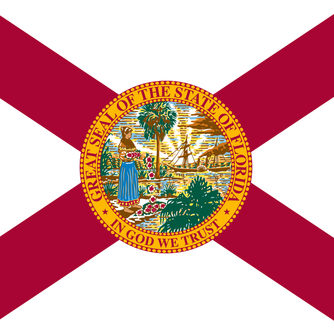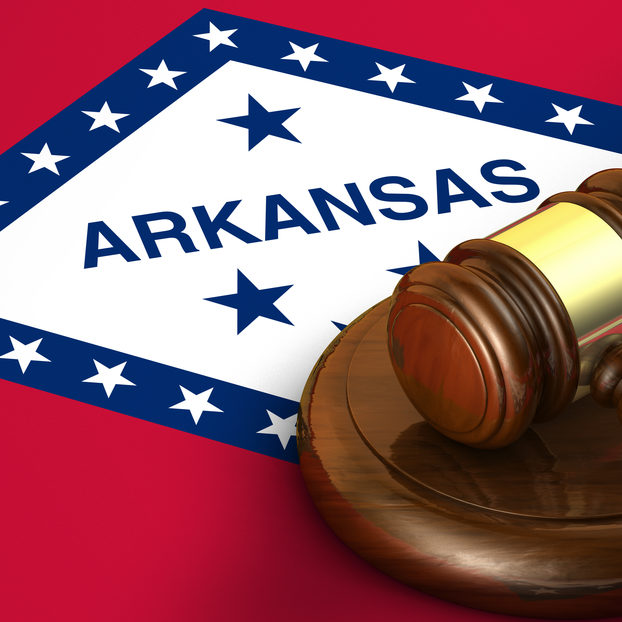Join MWL for a Webinar on Introduction to California Workers’ Compensation Subrogation
Katherine A. Sandoval will be presenting a MWL webinar on Introduction to California Workers’ Compensation Subrogation on April 14, 2021 from 11:00 to 12:30 p.m. (CDT). There are very few areas in which the law of each individual state vary more and are applied as differently, than in the area of workers’ compensation subrogation. While…










